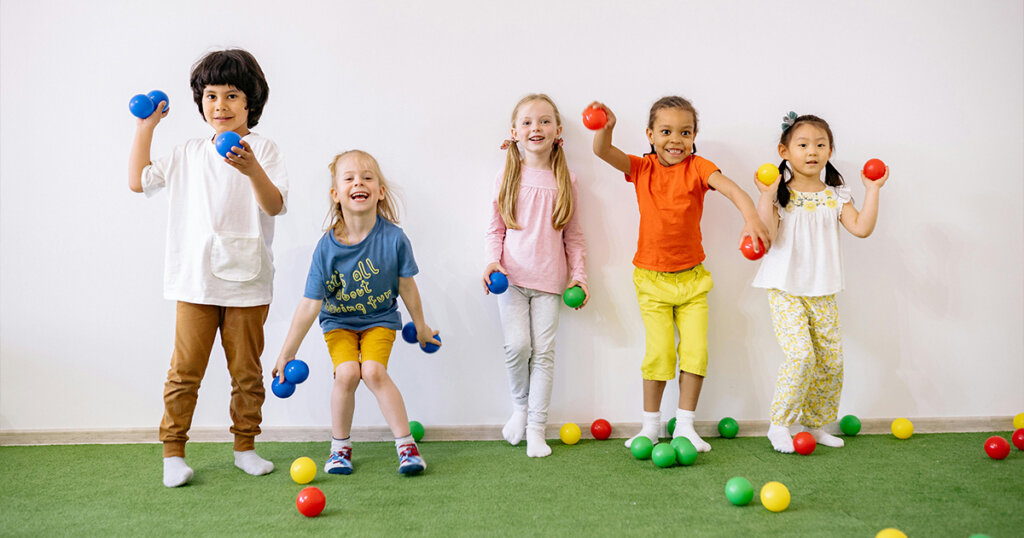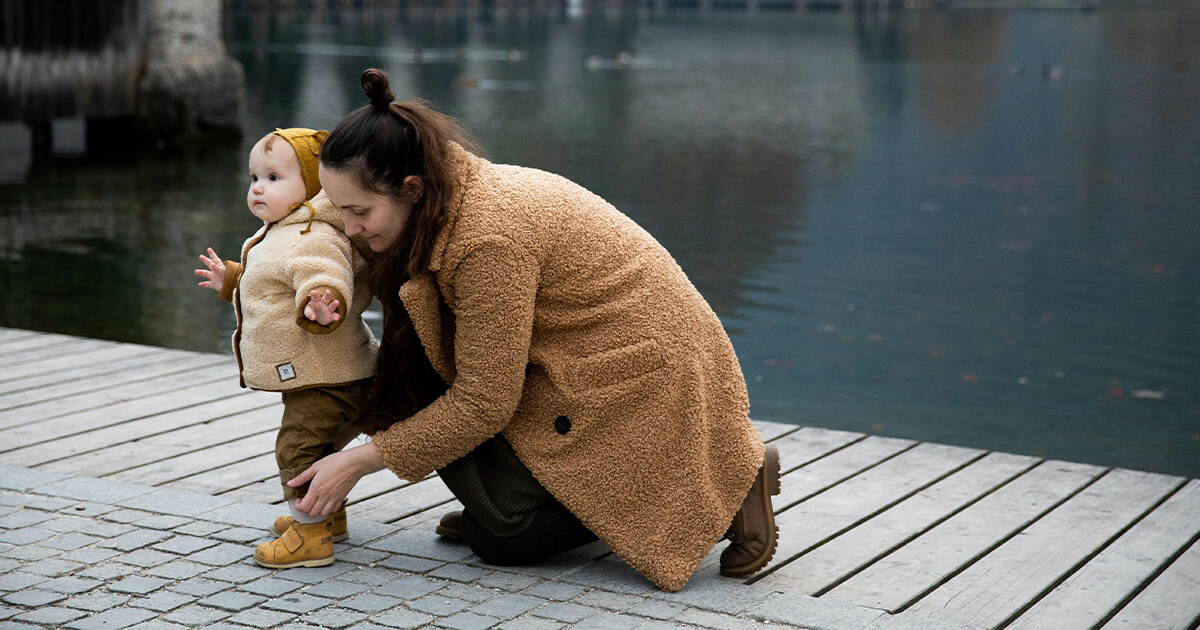15 Fun and Learning Combined Activities for Toddlers at Home
Introduction
Balancing fun and learning is essential, especially during the early developmental stages of a toddler.
Stay-at-home parents often seek activities that help toddlers develop crucial skills while ensuring they have a blast.

Here are 15 Fun and Learning Combined Activities for Toddlers at Home to ensure that learning is enjoyable for both children and their parents.
Sensory Play Magic
Engaging your toddler in sensory play can be a game-changer. Sensory play stimulates a child’s senses, promoting cognitive growth and fine motor skills.
The benefits include improved focus, problem-solving abilities, and enhanced social interaction.
Structured play activities are an effective way to keep toddlers engaged and learning. Introducing simple arts and crafts projects, interactive storytelling sessions, and age-appropriate puzzles can significantly enhance cognitive and motor skills.
Activities like sorting shapes, counting objects, and identifying colors provide entertainment and lay the groundwork for essential educational concepts.
For parents seeking a wealth of ideas and resources, websites like Mommy Poppins offer many creative and educational activities tailored to toddlers, ensuring that learning remains an enjoyable experience for both children and parents.
Sensory Play Magic
Engaging your toddler in sensory play can be a game-changer. Sensory play stimulates a child’s senses, promoting cognitive growth and fine motor skills.
The benefits include improved focus, problem-solving abilities, and enhanced social interaction.
Sensory Bins
Create sensory bins filled with rice, beans, sand, or water. Bury small toys or objects within and encourage your toddler to find them. This activity enhances their tactile experience and keeps them engaged for extended periods.
DIY Play Dough
Homemade play dough is another fantastic sensory play option. Mixing flour, salt, water, and food coloring can create a safe, fun, and educational toy.
Toddlers love squishing, molding, and creating shapes, which helps improve their hand strength and agility.
Water Play
Fill a shallow tub with water and add cups, spoons, and floating toys. This activity provides sensory stimulation and teaches concepts like floating, sinking, and volume.
Fine Motor Skill Development
Fine motor skills are crucial for tasks like writing and buttoning shirts, which your child will encounter as they grow. Focusing on these activities early on sets the stage for smoother learning experiences later.
Lacing Cards
Lacing cards, which you can easily make at home using cardboard and string, help toddlers develop hand-eye coordination. They can thread the string through holes punched in the cardboard, improving their precision.
Building Blocks
Stacking blocks are excellent for toddlers. They enhance hand control and spatial awareness. Encourage your child to build and knock towers down – it’s fun and educational.
Puzzle Time
Simple puzzles with large pieces can be very effective. They help improve problem-solving skills and hand-eye coordination. Start with puzzles that have fewer pieces and gradually move to more complex ones.
Language Development Unleashed
The critical period for language development in toddlers is between 1 to 3 years. Interactive activities can significantly enhance their vocabulary and speech skills.
Story Time
Reading to your toddler is one of the most effective ways to boost language development. Choose books with colorful pictures and simple stories. Point to the pictures and describe them to your child.
Sing-Along Songs
Songs with repetitive lyrics and actions, like “Itsy Bitsy Spider,” help toddlers learn new words and phrases. Singing together makes learning enjoyable and memorable.
Word Games
Play simple word games like “I Spy” to help your toddler learn new vocabulary. For instance, “I spy with my little eye something blue,” then point to a blue object. It’s a fun way to incorporate learning into daily activities.
Gross Motor Skill Development Play
Gross motor skills are essential for a child’s physical health and cognitive development. These activities strengthen muscles and improve coordination.
Obstacle Courses
Create an indoor or outdoor obstacle course using pillows, chairs, and ropes. Encourage your toddler to crawl, jump, and balance through the course. It’s a great way to develop their motor skills.
Dancing
Put on some music and dance with your toddler. Dancing improves coordination and rhythm. It’s also an excellent way for them to release energy.
Ball Games
Simple ball games like rolling a ball back and forth or trying to throw it into a basket can enhance hand-eye coordination and motor skills.
Problem Solving and Creative Thinking
Fostering problem-solving skills and creativity in toddlers sets the foundation for critical thinking and innovation.
Treasure Hunts
Organize a treasure hunt with clues that lead to a final prize. This activity encourages problem-solving and logical thinking. Use simple clues that your toddler can understand.
Building Forts
Give your toddler blankets, pillows, and boxes to build their fort. This activity sparks creativity and innovation as they figure out how to construct their space.
Art Projects
Provide materials like crayons, paper, and glue for creative art projects. Allow your toddler to explore their creativity freely. It fosters imagination and fine motor skills.
Conclusion
Engaging toddlers in educational activities at home is not only beneficial for their development but also deepens the parent-child bond.
By incorporating sensory play, fine motor skills, language development, gross motor skills, and problem-solving activities into daily routines, stay-at-home parents can create a rich, stimulating environment for their children.
Remember, the goal is to make learning enjoyable and part of everyday life. Explore more educational activities for toddlers at Mommy Poppins. Happy parenting!









